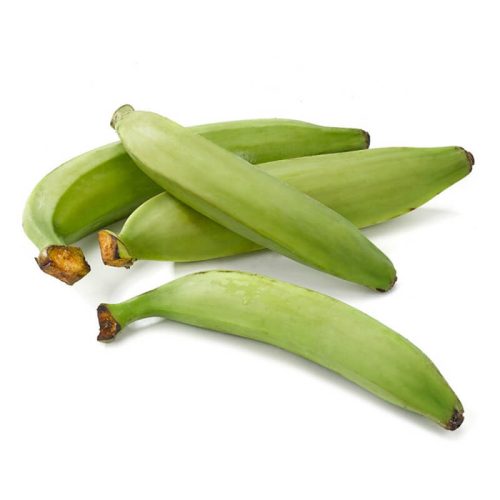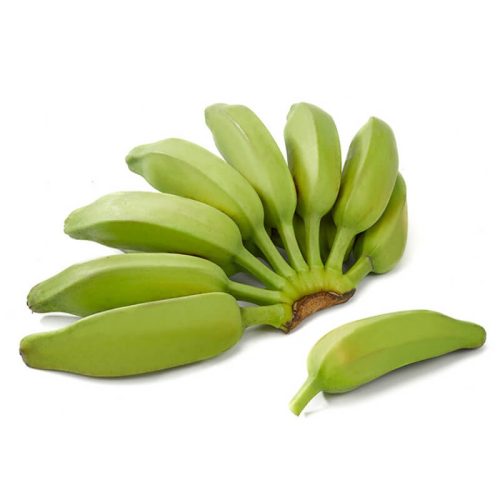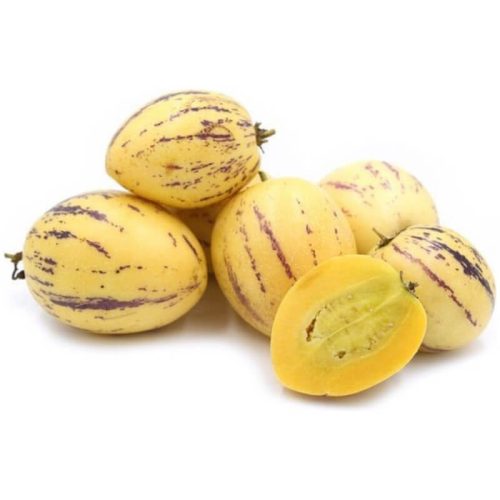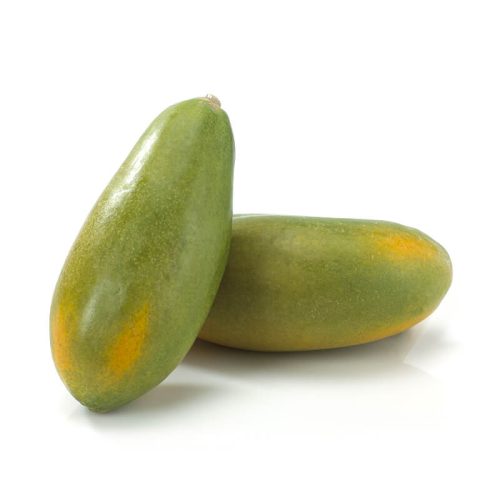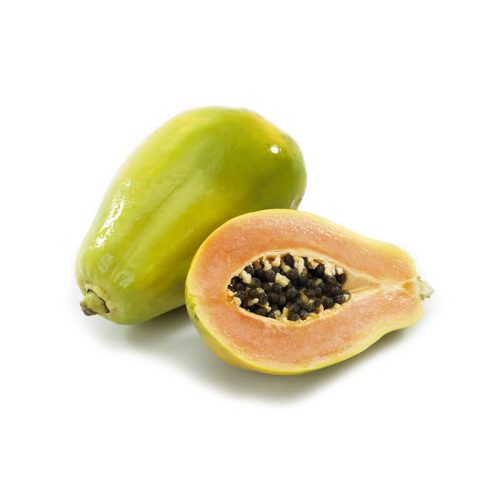-
Out of stock
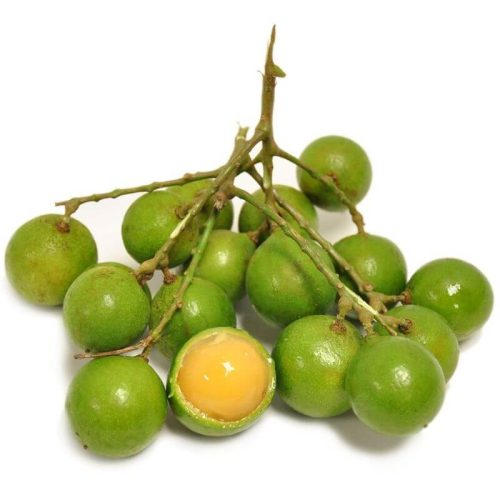 8 oz Quenepas are a small, round, and green fruit with a thin, rough skin. They grow in bunches and are known by many different names, including Spanish lime. After removing the skin, the creamy, soft pulp is revealed. Origin: Dominican Republic Availability: June - September
8 oz Quenepas are a small, round, and green fruit with a thin, rough skin. They grow in bunches and are known by many different names, including Spanish lime. After removing the skin, the creamy, soft pulp is revealed. Origin: Dominican Republic Availability: June - September -
Out of stock
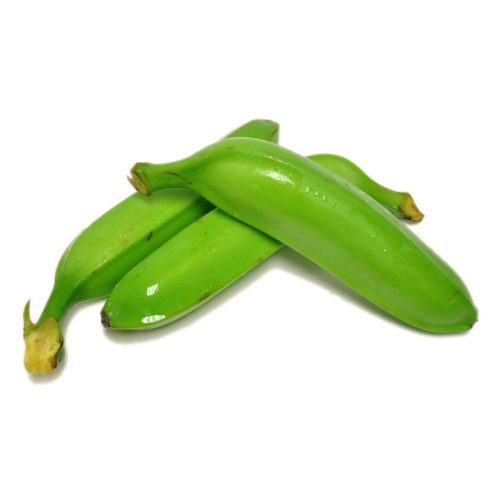 1 unit Plantain Maqueño is a special variety of plantain that is softer than the regular “barraganete” and “curare” variety. It also cooks tender and remains soft and fresh through time. Origin: Ecuador, Nicaragua. Availability: Year-Round
1 unit Plantain Maqueño is a special variety of plantain that is softer than the regular “barraganete” and “curare” variety. It also cooks tender and remains soft and fresh through time. Origin: Ecuador, Nicaragua. Availability: Year-Round -
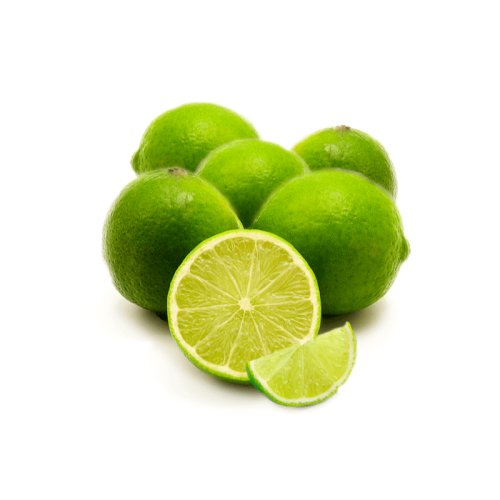 Persian limes are good for Digestion, Boost immune system, Healthy skin, Help prevent formation of kidney stones, Heart health. It can be used interchangeably for the same purposes as Key limes and lemons and is often used as a substitute for vinegar. Origin: Colombia, Mexico Availability: Year-Round
Persian limes are good for Digestion, Boost immune system, Healthy skin, Help prevent formation of kidney stones, Heart health. It can be used interchangeably for the same purposes as Key limes and lemons and is often used as a substitute for vinegar. Origin: Colombia, Mexico Availability: Year-Round -
Out of stock
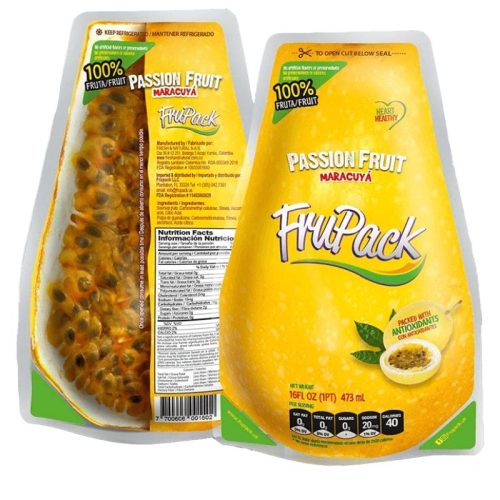 16 oz Bag Passion Fruit is an egg-shaped tropical fruit. It has a brittle, wrinkled dark purple skin surrounding flesh-covered seeds. The seeds are edible, so you can eat the pulp straight from the shell. Origin: Colombia Availability: Year-Round
16 oz Bag Passion Fruit is an egg-shaped tropical fruit. It has a brittle, wrinkled dark purple skin surrounding flesh-covered seeds. The seeds are edible, so you can eat the pulp straight from the shell. Origin: Colombia Availability: Year-Round -
Out of stock
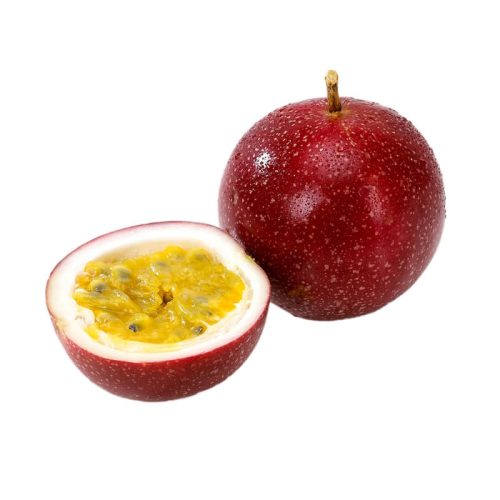 Passion Fruit is an egg-shaped tropical fruit. It has a brittle, wrinkled dark purple skin surrounding flesh-covered seeds. The seeds are edible, so you can eat the pulp straight from the shell. Origin: U.S. Availability: May – January
Passion Fruit is an egg-shaped tropical fruit. It has a brittle, wrinkled dark purple skin surrounding flesh-covered seeds. The seeds are edible, so you can eat the pulp straight from the shell. Origin: U.S. Availability: May – January -
Out of stock
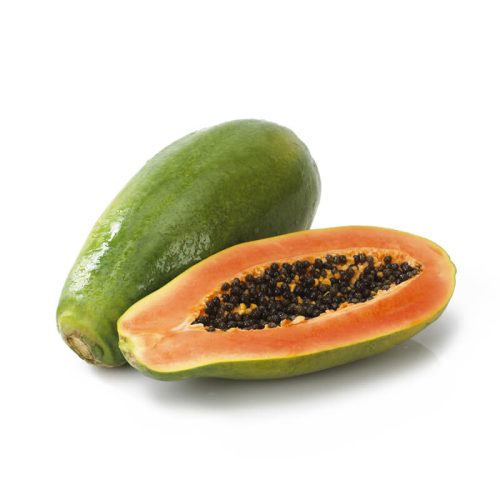 The elongated Maradol Papaya resembles a football a big, yellowish-green football that can weigh four pounds or more. Inside, the flesh is sweet and reddish-orange with a center cavity filled with slippery black seeds Origin: Guatemala Availability: Year-Round
The elongated Maradol Papaya resembles a football a big, yellowish-green football that can weigh four pounds or more. Inside, the flesh is sweet and reddish-orange with a center cavity filled with slippery black seeds Origin: Guatemala Availability: Year-Round -
Out of stock
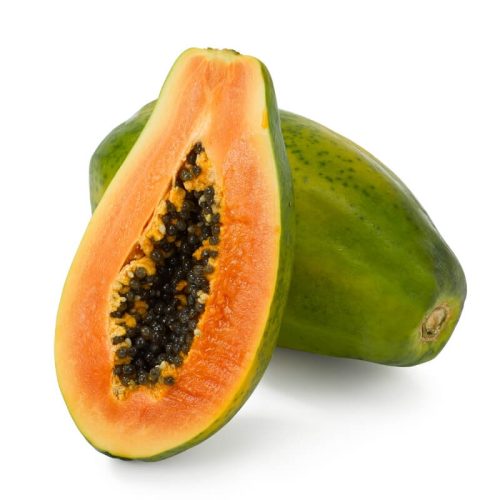 Hawaiian Papaya is encased in a gleaming sunny yellow skin when ripened to perfection. This scrumptious fruit is ripe when mostly yellow and soft to the touch. The pulp is a matching creamy yellow, delicately scented, and deliciously sweet. A mass of black seeds is encased in a gelatinous coating in the center. Often discarded, the seeds are edible. Crunchy and peppery, crushed seeds can be used as a mildly spicy condiment.
Hawaiian Papaya is encased in a gleaming sunny yellow skin when ripened to perfection. This scrumptious fruit is ripe when mostly yellow and soft to the touch. The pulp is a matching creamy yellow, delicately scented, and deliciously sweet. A mass of black seeds is encased in a gelatinous coating in the center. Often discarded, the seeds are edible. Crunchy and peppery, crushed seeds can be used as a mildly spicy condiment.

